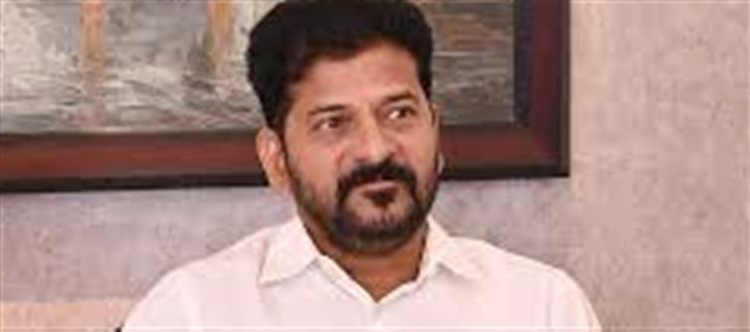

Can the sc remove the cm of a state for not following the order?
telangana cm revanth Reddy's statement The supreme court heard the petition on the disqualification of 10 rebel MLAs of BRS yesterday. During this, the supreme court has reprimanded revanth reddy for one of his statements. Actually, revanth reddy, while addressing 10 MLAs in the telangana Assembly on march 26, had said that there would be no by-elections in the state. During this, the court said that we are not affected by the statements of the leaders. We respect the two pillars of democracy and the same is expected from the leaders. The supreme court has also reprimanded revanth reddy and said that did we make a mistake when we did not take any action against you for contempt of court.
Meanwhile, this question must be coming to your mind that if a chief minister disobeys the order of the supreme court, can the supreme court remove that chief minister from his post. Let's know the answer to this.
Can the supreme court directly remove the Chief Minister?
The supreme court can issue orders related to state governments and their officials. It cannot directly remove a chief minister from his post. The power to remove a chief minister lies only with the governor, who can do so. If a chief minister loses the confidence of the state assembly, then the governor has the power to remove him. Under Article 142 of the Constitution, the supreme court has the power to issue directions and orders for the administration of justice, but it cannot directly remove a Chief Minister.
Under what circumstances are Chief Ministers removed?
As the head of the state, the governor appoints the chief minister and the chief minister takes office before the Governor. A chief minister is accountable to the state assembly, and the governor can remove the chief minister if he loses the confidence of the assembly. If a chief minister loses majority support in the Legislative Assembly, he must resign and the governor can dismiss him. The supreme court can review the actions of the governor, but it cannot directly interfere with the Governor's constitutional powers to appoint or dismiss the Chief Minister.




 click and follow Indiaherald WhatsApp channel
click and follow Indiaherald WhatsApp channel